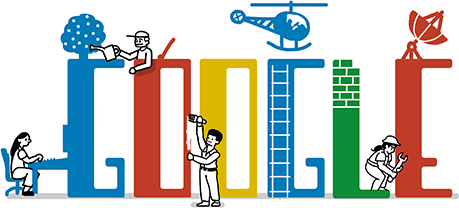What the collapse of GTV means to Ugandans
Elias Biryabarema
Kampala
Soccer fans of the English Premier League will be the most disappointed after GTV, British-based pay satellite television company succumbed to the global financial turmoil, and with immediate effect switched off its signal worldwide.
45 permanent employees of the GTV Uganda lost their jobs instantly, more than 300 dealers and business partners, 7,000 subscribers are affected and tens of thousands of English Premiership viewers will miss their favourite weekend sit-outs.
In a terse statement on Friday, the board of its parent company, Gateway Broadcasting Services said it has wound up business.
GTV country Manager(Uganda) Daniel Kagwe speaks at the unveiling of the sponsorship package of the National Soccer League during the good times. Looking on is peter Mungoma, the sales manager of GTV-Uganda. |
“The current financial and global crisis has severely interrupted the company’s ability to secure further funding for the continued operation of the business” the board said.
Yesterday, former GTV General Manager Daniel Kagwe told Sunday Monitor that the group has closed down all its 25 branches in Africa including the Uganda office.
“That is it. Our offices are closed. There is no signal. I would like to apologise to our subscribers and to thank them for their support. Unfortunately that is how it ends,” he said.
Asked if the company would compensate subscribers who had just renewed their membership, Mr Kagwe said, “if there is anything we can do in the future may be we shall get back to them...but as of now our offices are closed.”
Broadly, the demise of GTV is the first bold signal that Uganda’s economy was not afterall that immune from the global credit crunch, puncturing reassurances given by BoU governor Mr Tumusiime Mutebile and Finance Minister, Dr Ezra Suruma.
According to the statement, the company had fruitlessly explored multiple ways of mobilising finance but that all had ended in frustration and failure.
“In determining to approve the company's plan of liquidation, the board and management carefully reviewed the advice its consultants,” the statement said, adding that, “The economic crisis that has emerged globally over the last few months has caused excessive demands on the business.”
The Africa-wide GTV service has an estimated 100,000 subscribers across Africa and has over the last two years invested a total of $200 million. Although the company didn’t indicate what it would do with its assets, newswire reports said GTV had in fact sold to Canal Plus, a subsidiary of the French media behemoth, Vivendi for $23.6 million.
According to a Bloomberg report, GTV needed 400,000 subscribers to breakeven, which is far too above its current number of customers. GTV has fought a fierce turf battle with DSTV across sub Saharan Africa but the latter has lately appeared to prevail, boasting of a subscriber based of three million.
Mr Kagwe however, said that the deal with Canal Plus failed to materialise.
“That was the last straw. Canal Plus withdrew from the deal last week and that is what broke us down,” he said, adding, “I feel very said about it. I feel like somebody has died.”
He also said he does not know if there would be continuity with the programmes through an alternative service provider. GTV had 80 per cent broadcast rights of the English Premier League. South African-based Multichoice DsTV broadcasts 20 per cent of the English Premier League. It’s local franchise was non committal when contacted for comment.
A spokesman for GTV was quoted as saying, “We realise the negative impact this has had on our loyal customers, creditors and staff, all of who have believed in GTV and the revolution in pay TV it had created. We have tried every possible step to keep the company going but we are all the unfortunate victims of the current global economic crisis.”
Some proprietors of video halls that show matches (bibanda) at a fee are threatening to sue. "We purchased the equipment (dish and decoder) and paid for what we are not going to enjoy," said Didas Mugisha who runs Classic Images in Namuwongo. "We are going to courts of law"
The impromptu closure also hit Ugandan football hard because the Pay TV company was sponsoring the Super League.
GTV, owners of the league's broadcasting rights, had a contract with the local governing body FUFA to pay $32,000 to each club annually.
Namboole stadium management board member Jim Mugunga told Daily Monitor that GTV has debts of $40,000 (Shs76m) accrued from live coverage of matches.











